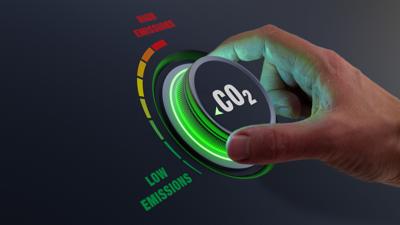(The Center Square) – When it comes to their biggest concerns, a new State Policy Network (SPN) survey finds Americans struggle with facing the great unknown even more than the reality of the issues they're dealing with in their everyday lives.
“Most people have an idea of how they would deal with rising energy prices, job loss or even less availability to food – think in the context of inflation making their normal grocery basket unaffordable,” SPN messaging strategist Erin Norman told The Center Square after a poll of 2,005 registered voters found there is the more concern about less likely and longer-term issues (climate change, nuclear war) than challenges many are now facing (job loss, energy shortages, etc...).
Overall, researchers found that 68% of respondents said they would be at least somewhat worried about a food shortage, while 71% said they worry about international conflicts escalating into nuclear war.
At the same time, the SPN poll conducted in partnership with the Morning Consult found that 78% of people said they worry about climate change compared to 73% that take that same position about a potential job loss.
“Nuclear war or the long-term impacts of serious climate change are unknowns and that can produce a lot more anxiety than problems that are difficult but familiar,” Norman added.
In other findings, 88% of respondents say they are concerned about energy shortages and 79% said they worry about the collapse of the U.S. government.
Over time, Norman is hoping everyone will learn to deal with any anxieties about issues out of their control.
“If fear comes from a political issue, like climate change, you can see these symptoms come out in how people talk about the issue or debate it,” she said. “Often 'debates' that are just shouting matches are people trying to find a way to release the anxiety they feel. Mental health issues are another consequence of long-term fear. Given the rise in mental health conditions and the way we contentiously engage in political discussions in the U.S., it might be fair to say we aren’t dealing with our fears particularly well and need to personally find ways to cut off sources that feed them for the political gain or profit of others."
The poll had a margin of error of 2%.











